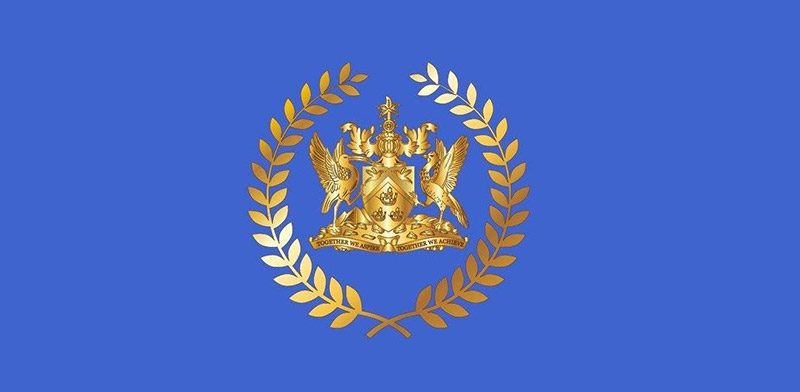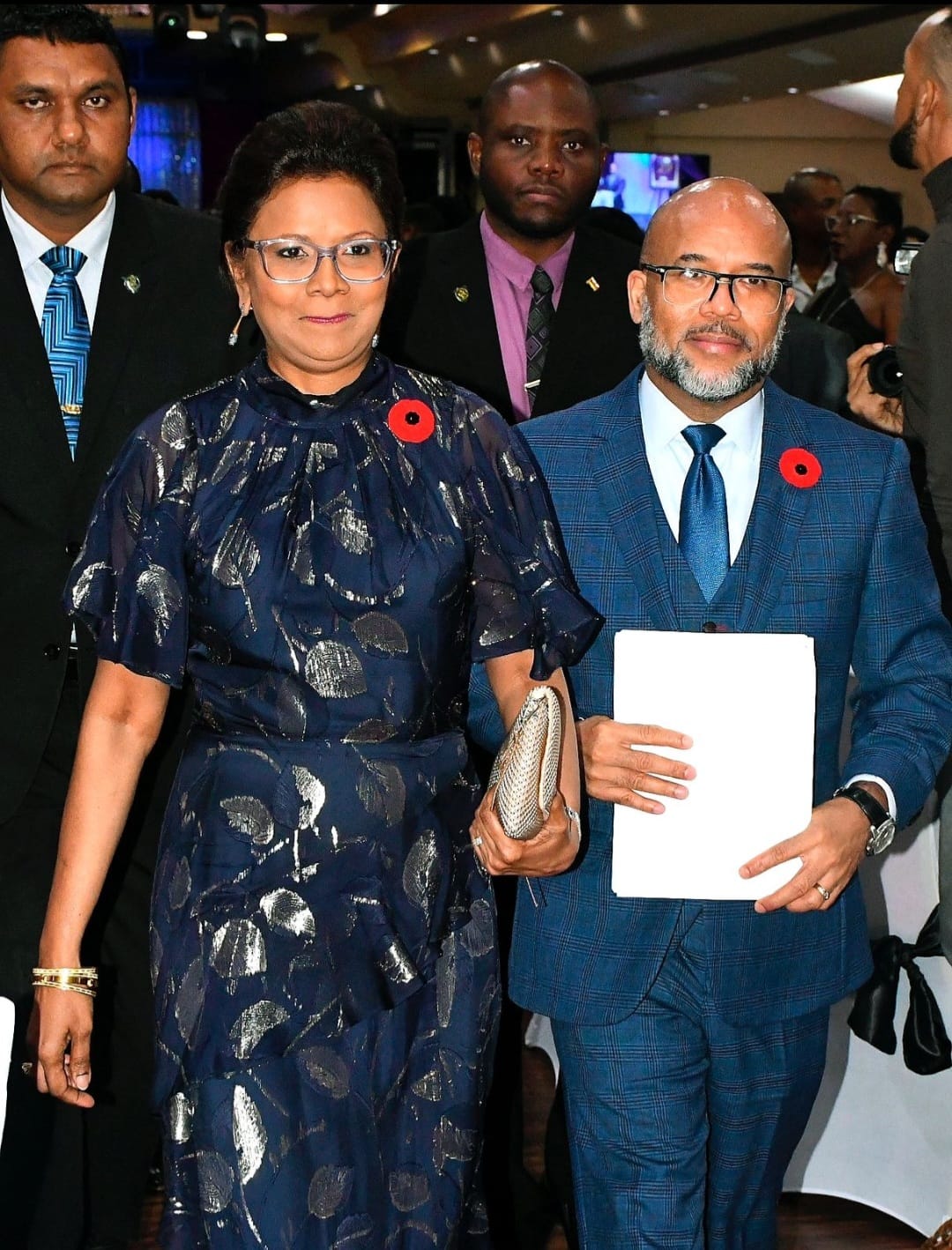International Mother Language Day celebrates linguistic and cultural diversity and promotes the protection of indigenous languages.
A mother tongue is a language that a person has been exposed to from birth, and is integral to individual development and identity. When languages disappear or fall out of use, important traditions, memories and histories often go with them. Through International Mother Language Day, the United Nations has sought to encourage people to take pride in knowing and using their mother tongue, particularly during the process of academic instruction.
According to UNESCO, 40% of the global population does not have access to an education in a language they speak or understand, which hinders the learning process. Out of the estimated 6000 languages that exist globally, only a few hundred are used regularly in education systems and fewer than a hundred are used in the digital world.
In Trinidad and Tobago, English is our official language and it is universally agreed that all children should learn and master English, as it is the lingua franca of modern society. However, in their day to day interactions, our people tend to speak creole in its different registers, dialects and ranges of formality. Although creole has long been spurned by those who consider it to be an invalid and improper form of communication, it plays an essential role in preserving the rich tapestry of culture and traditions that make this nation so unique. It bears witness to our multicultural heritage and tells the story of the people who came and settled upon our shores.
The role of the creole language in protecting our identity and culture has been slowly recognized and communicated through the national and regional curricula. Through carefully curated lessons, students can be taught to maintain their knowledge and usage of creole while learning and becoming proficient in English.
The International Mother Language Day is an opportunity for us all to treasure and promote the use of our native tongue. As proud Trinbagonians let us cherish our rich heritage and celebrate our linguistic and cultural diversity.





